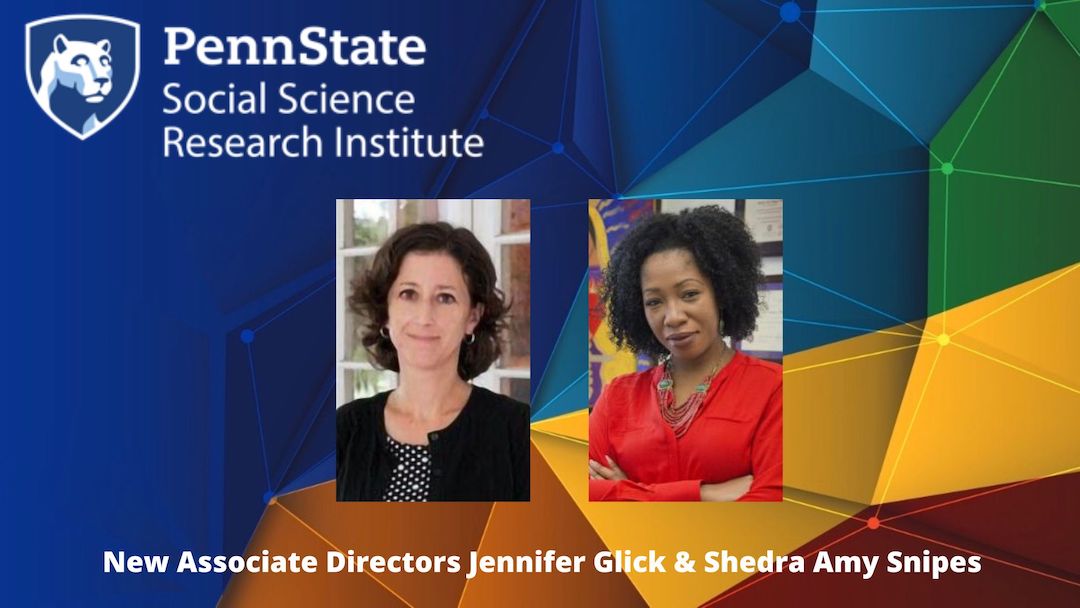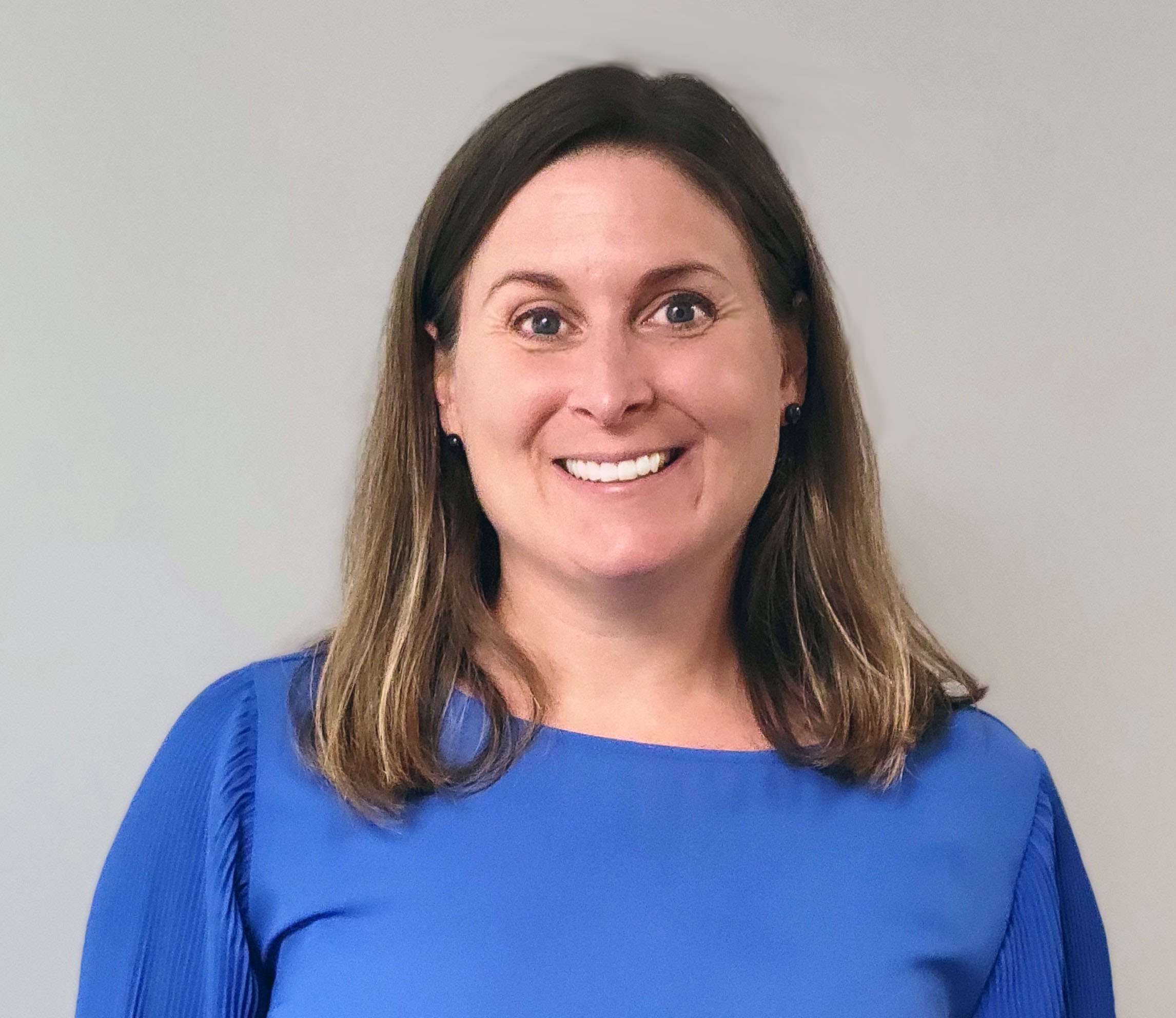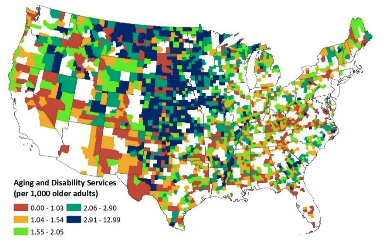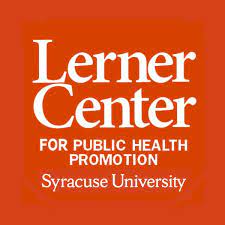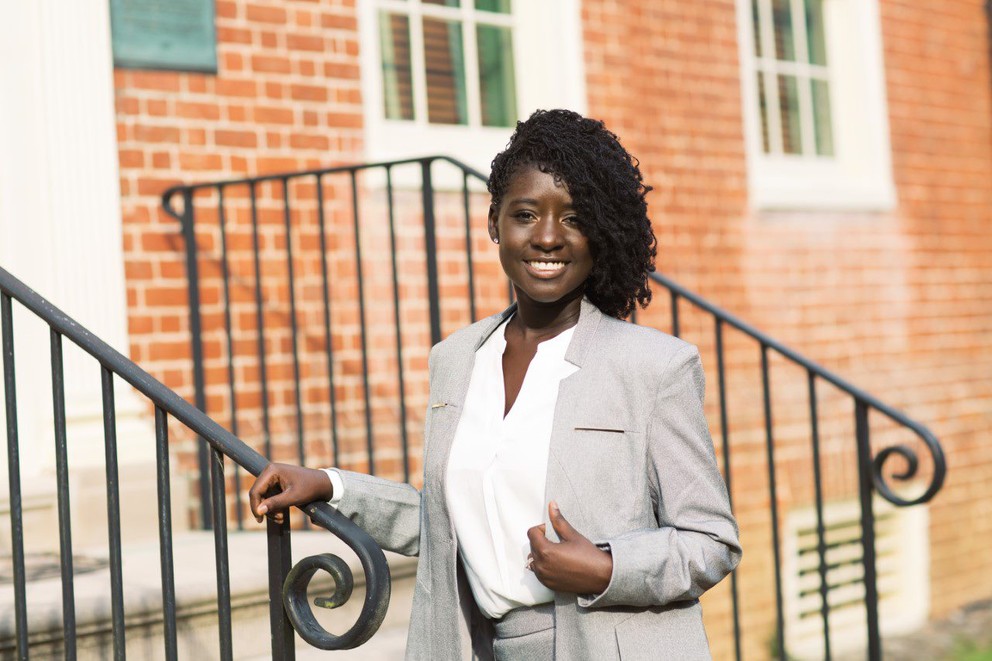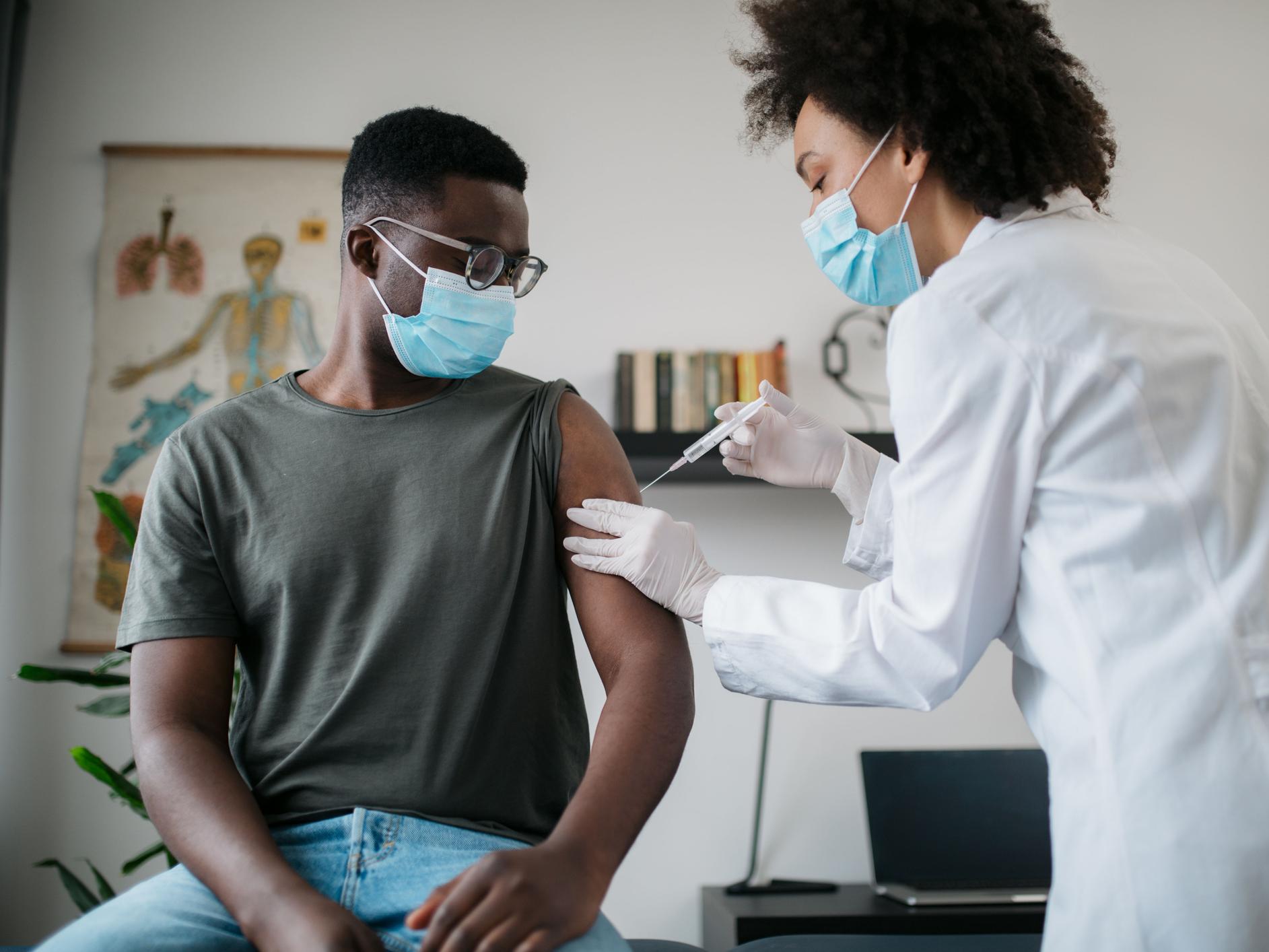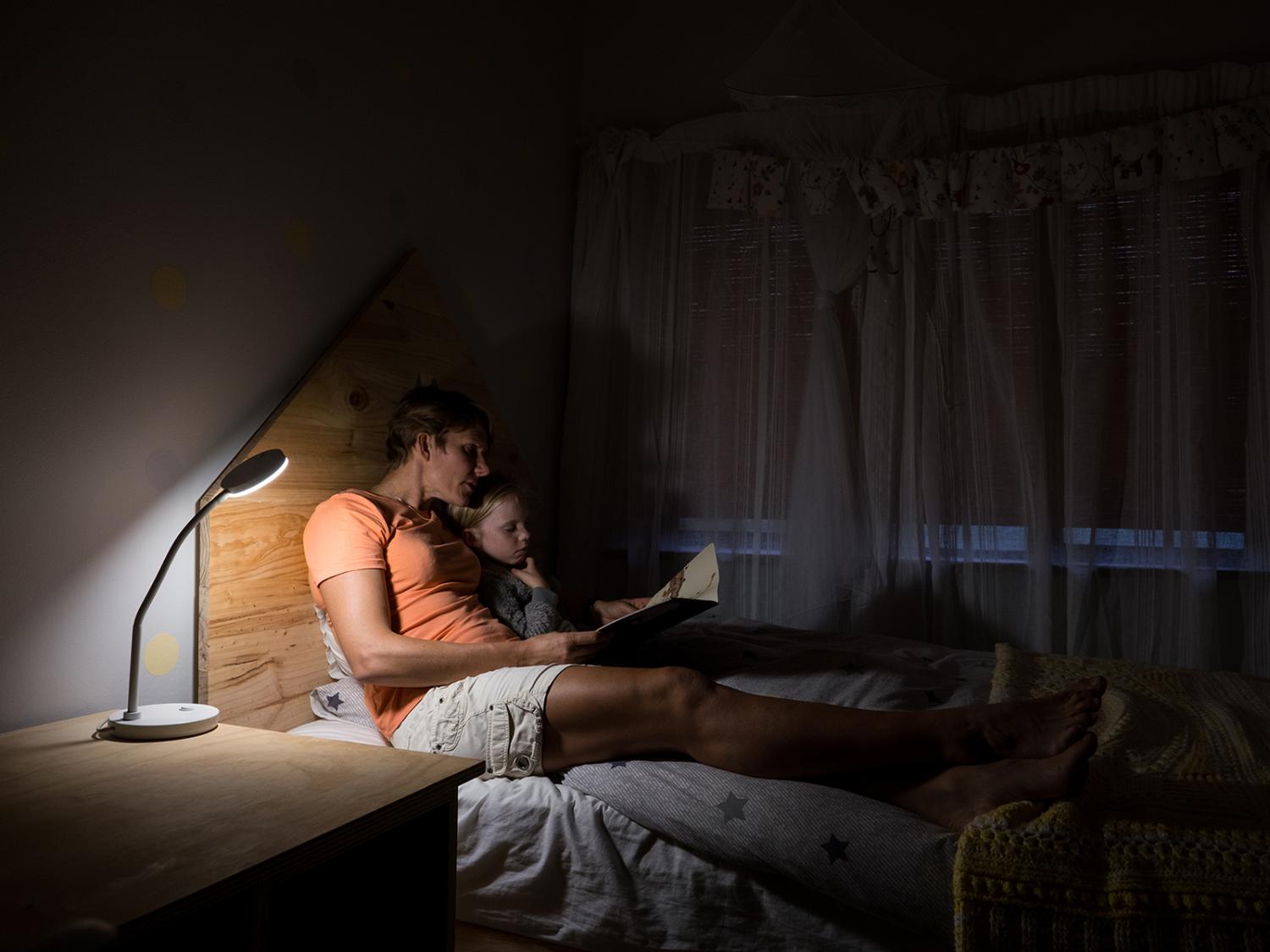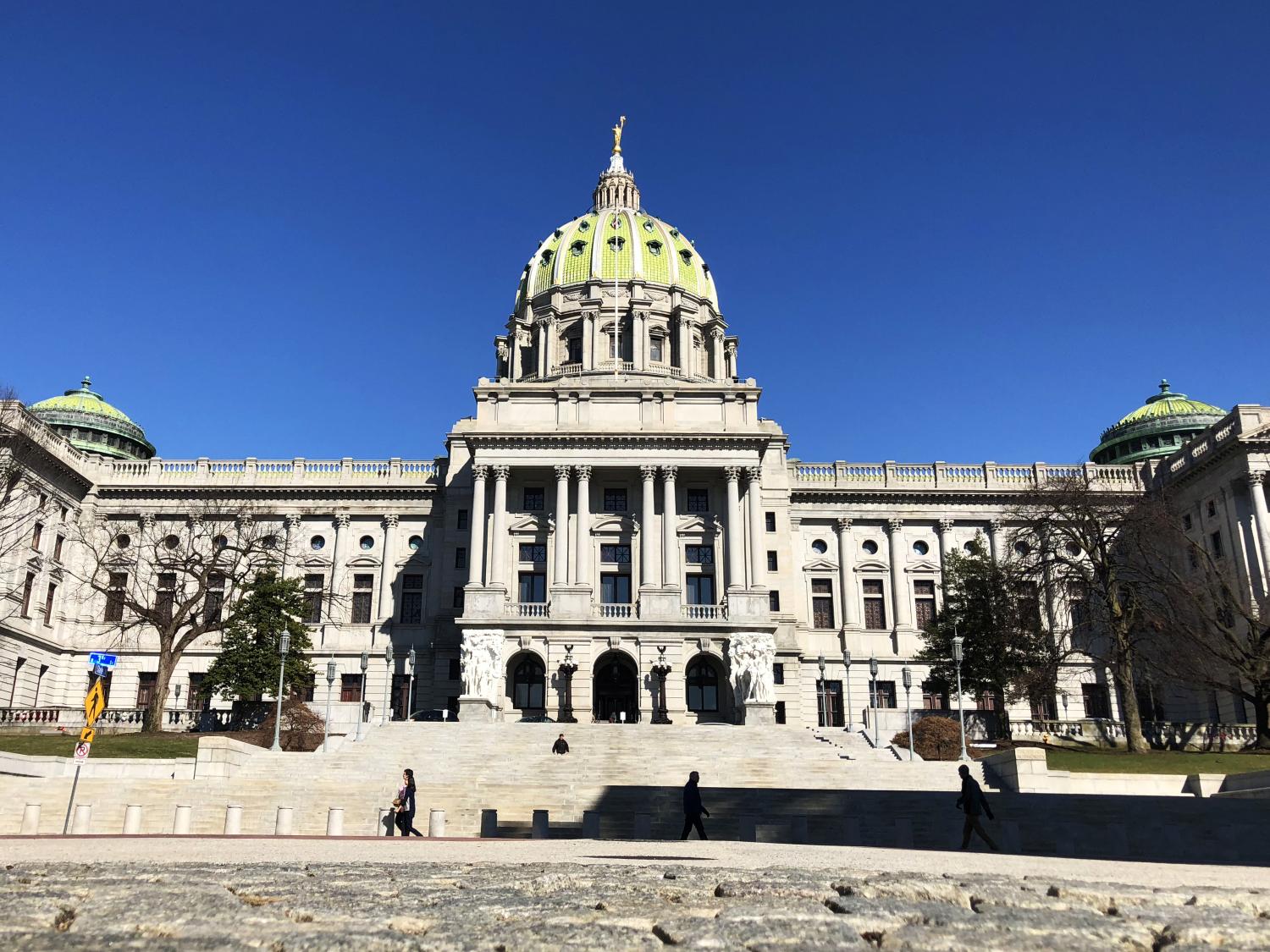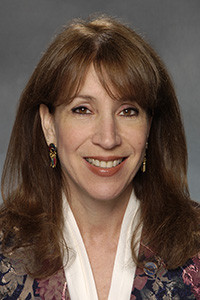SSRI welcomes new associate directors
The Social Science Research Institute (SSRI) at Penn State announces the addition of two new associate directors, Jennifer Glick and Shedra Amy Snipes.
Glick is the Arnold S. and Bette G. Hoffman Professor of Sociology and Criminology / Demography at Penn State, an SSRI cofunded faculty member, and…
The Americans Already Suffering Most From the Fall of Roe
SSRI cofund and CSA Director Guangqing Chi and Jessica Miller wrote this opinion peice for The Slate on limiting access to abortion increases social inequality and puts disproportionate burdens on women of lower income and minorities. Read more here.
SSRI welcomes new assistant director
Penn State’s Social Science Research Institute recently announced the appointment of Jennifer Sinibaldi as assistant director for the institute.
Sinibaldi comes to Penn State from the National Center for Science and Engineering Statistics (NCSES) within the National Science Foundation. There, she…
In Rural America, Older Adult Vaccination Rates were Higher in Counties with More Aging and Disability Services
In this Lerner Center for Public Health Promotion research brief, PRI's Danielle Rhubart and Yue Sun describe how aging and disability services (ADS) played an important role for older adults in the COVID-19 vaccination rollout, including sharing information, providing transportation, and serving…
The Russia-Ukraine war will hurt millions in Central Asia. Here's why.
by Guangqing Chi and Erin Hofmann, For The Inquirer
The past three years haven’t been easy for Central Asian migrant workers in Russia like Murat and Aigul, a Kyrgyz couple who have worked in Moscow since 2018. In 2020, due to the pandemic lockdown in Moscow, the couple was confined for more than a…
Social Support Protected Mental Health during the COVID-19 Pandemic
By Jennifer Kowalkowski and Danielle C. Rhubart, The Pennsylvania State University
Social support can protect mental health from the stressors of life during times of widespread crisis, like the COVID-19 pandemic. Using data from a national survey collected in early-2021, Jennifer Kowalkowski [SMM1…
Insecure: New study links tap water avoidance and food insecurity
Many Americans take tap water for granted. Water bills are often less expensive compared to people’s other bills, and tap water has been a part of most Americans’ lives since they were born. For nearly 61 million Americans, however, tap water is either unavailable or untrusted. New research from…
Abenaa Jones named Ann Atherton Hertzler Early Career Professor
Abenaa Jones, assistant professor of human development and family studies, has been named the Ann Atherton Hertzler Early Career Professor in Health and Human Development at Penn State.
Jones works to find solutions to complex, real-world problems, including substance use disorders, social and…
Race matters in COVID-19 vaccine hesitancy, research finds
Hispanic and Black Americans have suffered higher rates of hospitalization and death from COVID-19 than white Americans. A new Penn State study analyzed data collected when COVID-19 vaccines first became available to determine whether these racial and ethnic disparities are related to vaccine…
Why Social Science? - Because It Can Shed Light on How People Perceive Guns
This month, as part of COSSA's ongoing Why Social Science? series on gun violence, we share a video produced by the American Sociological Association, a COSSA governing member. Are guns weapons or tools? It depends who you ask. Dr. Harel Shapira of the University of Texas at Austin explains how gun…
Losing spouse to COVID may be worse for mental health than other causes of death
Losing a spouse can be a devastating experience for anyone. A new study found that experiencing the death of a spouse due to COVID-19 may be worse for mental health than deaths from other causes.
Penn State researchers found that while there were strong associations between the recent death of a…
Evaluating a new model for funding rural healthcare in Pennsylvania
Community hospitals are a vital source of healthcare for rural populations, yet many rural hospitals across the United States are in financial distress. Over the last decade, more than 130 rural hospitals have closed nationwide. Rural communities also have fewer social networks and limited options…
Healthy sleep habits before kindergarten help children adjust to school
The transition to kindergarten is a notable milestone for children and families, who typically prepare by gathering school supplies and meeting the teacher. New research suggests that one important way to prepare for the transition to first-time schooling is to develop a bedtime routine in which…
EIC enhancing the relevance of research to policymakers during times of crisis
Penn State researchers recently found evidence that supports science communication tactics to cut through the noise during times of political crisis.
Researchers from the Research Translation Platform of Penn State’s Evidence-to-Impact Collaborative (EIC) published the findings in the…
Advance care planning project co-led by College of Medicine expands scope
The Project Talk Trial, a national study of two advance care planning interventions in underserved communities, will soon expand its reach to include individuals with mild cognitive impairment and those at risk for Alzheimer’s disease and its related dementias. Hospice Foundation of America (HFA)…
New Penn State Survey Calendar may help boost large-scale survey response rates
Research professionals at Penn State now have a new tool that may help to increase large-scale survey response rates. The Penn State Survey Calendar was developed by the Office of Planning, Assessment, and Institutional Research (OPAIR) to help researchers plan their surveys to minimize project…
Prevention is our best — and most underrated — weapon against opioids
By Diana Fishbein for The Hill
The United States is in the midst of an unprecedented “syndemic” — multiple simultaneous crises — that has ravaged communities across the nation. COVID-19 took the country by storm, causing more than 1 million deaths, economic devastation and unimaginable…
How stigma acts as a barrier to overcoming the opioid crisis
The United States is in the midst of a significant, decades-long opioid epidemic, with more than 2.6 million Americans meeting the criteria for opioid use disorder (OUD). Opioid-related overdoses have also been on the rise, along with stigma related to OUD and is one of the biggest barriers to…
Venture Equity Project aims to remove barriers for entrepreneurs of color
Penn State’s College of Health and Human Development’s equity research was highlighted alongside other partners at Nasdaq MarketSite in NYC, the commercial marketing presence of the Nasdaq Stock Market in Times Square.
Through a collaborative partnership with The Nasdaq Entrepreneurial Center,…
What kind of media coverage of gun violence is appropriate?
Part of the recurring debate over America’s gun violence addresses questions over news media coverage. These questions become more urgent when children are victims, such as in the recent school shooting in Uvalde, Texas, according to Patrick Plaisance, Don W. Davis Professor in Ethics in the Donald…
$3M grant to fund research into disparities in hospital patient transfers
Each year, one in five Americans visits the emergency department, and approximately three million of them are transferred to another hospital for a variety of reasons. A $3 million grant from the National Institute on Minority Health and Health Disparities will fund a Penn State-led project to…
Gun violence and the media
Every day, American lives are snuffed out because consumer technology made for killing is used as it was designed. Most of us are unaware of the daily toll because it happens so often that it’s no longer news and we’ve become numb to it, according to Matt Jordan, associate professor and department…
High incarceration rates may not help U.S. citizens feel safer
The U.S. is the world leader in incarceration rates, spending $80 billion a year to imprison two million people. But despite these practices aiming to help Americans feel safer, a new Penn State study suggests they may not result in the intended effect.
In a study comparing feelings of safety in…
1 in 8 U.S. deaths from 2020 to 2021 came from COVID-19 – leaving millions of relatives reeling from distinctly difficult grief
By Emily Smith-Greenaway, Associate Professor of Sociology, USC Dornsife College of Letters, Arts and Sciences; Ashton Verdery, Professor of Sociology, Demography and Social Data Analytics and Population Research Institute Associate, Penn State; Haowei Wang, Postdoctoral Research Associate in…
Ethnic pride may help protect Latino/a college students from problem drinking
Negative consequences from excessive drinking are well-documented, but little is known about how to tailor interventions to prevent problem drinking by Latino/a college students, the fastest-growing ethnic minority group on U.S. college campuses.
A new study led by Katja Waldron, doctoral candidate…





